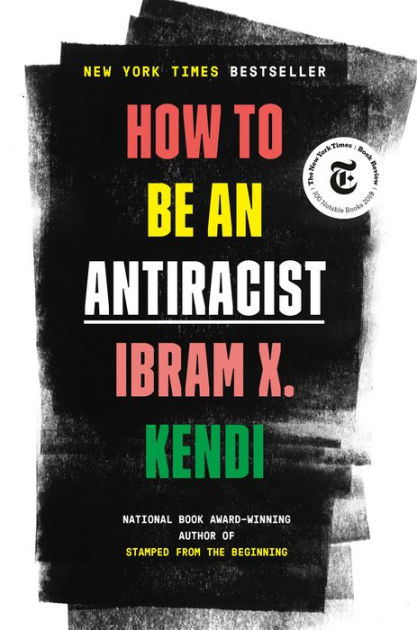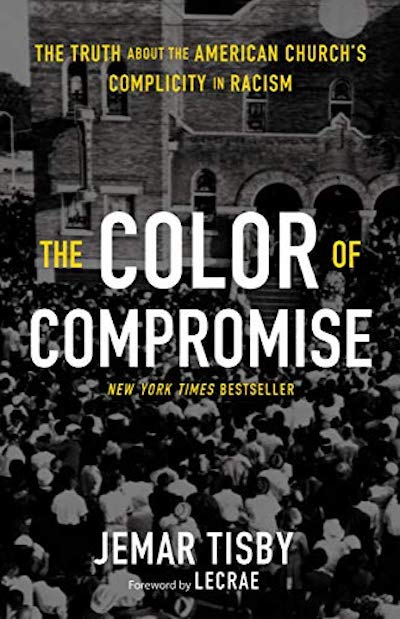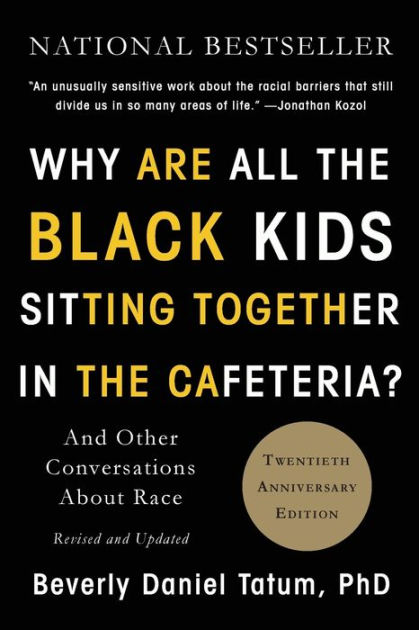I think that the title of this book helps set up the style and organization of this book very well. It’s phrased as a simple how-to guide, and I think it does a pretty good job of explaining racism, antiracism, and then goes into the details of different types of racism and the many intersections that also play a major factor.
From early in the book, Kendi makes a different approach (at least compared to the definition in other books I’ve read previously) and clearly states that he does believe that Black people can be racist, especially those that find themselves in power. This threw me off immediately, but he quickly clarifies and explains how Black people, especially those who do gain power, can be racist by supporting racist ideas of policies that hurt other Black people and minority groups in general.
This definition and explanation of racism is used and built upon throughout most chapters in the book. Kendi mentions his upbringing with parents and teachers that engrained the idea that he had to be smarter or better to succeed and that Black people looking at other Black people as lesser is a major problem as well. There are racist ideas and policies, and Black people can still support those ideas, even if they’re technically counterproductive to their own wellbeing.
Intersectionality is a phrase that is barely touched on in most books I’ve read and had just a single chapter dedicated to the topic in So You Want to Talk About Race, but this book almost spends every chapter addressing it in some way. The concept of being antiracist is closely tied to class, gender, sexuality, and other factors as well. Policies and ideas can affect Black men in different ways than latina women or even a rich asian woman faces different challenges than a poor white woman.
This book closes out well by comparing racism to cancer. Kendi made the connection himself when he was diagnosed with stage 4 colon cancer, and he makes the case that racism is in a later stage, and therefore is harder to get rid of because it has been around so long. But because it has been around so long, it’s even more important to strive to be strongly antiracist so that it doesn’t continue to get worse. Being satisfied with small improvements and getting distracted from new strategies and racist policies does not do a lot fo prevent the extended pain and evil that racism brings.
My only issues with the book are the way that each chapter is made up of 2-3 discontinuous thoughts or stories and that Kendi seems to go back and forth with his views on certain topics in an attempt to explain his growth, personally. The change in mindset and explanation of why he understood things differently overtime is a nice addition, but I think it could have been made a little more clear and easier to understand his more recent and current views on topics within racism.




